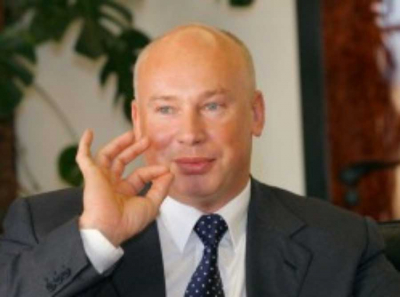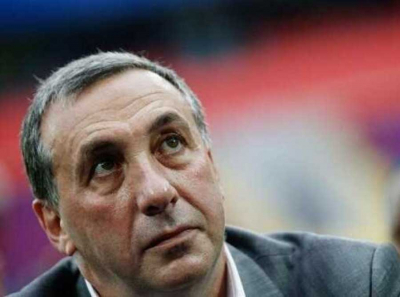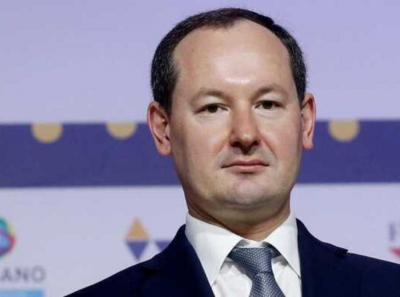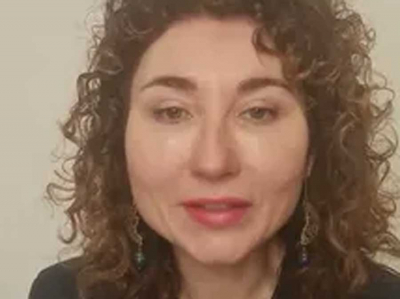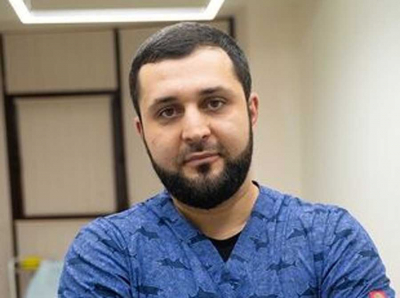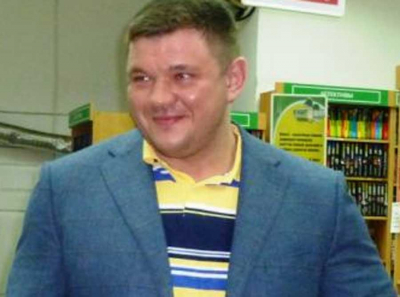Oleg Boyko managed to sell his last banking asset in time
The founder of the OLBI concern and the National Credit Bank, Oleg Boyko, managed to sell his last banking asset in Russia, the Federal Industrial Bank (FPB), in time. Yesterday, the Central Bank announced the revocation of the FPB’s license for violating the law on money laundering. According to the regulator, in less than a year, the bank managed to transfer 31.5 billion rubles abroad.
Yesterday, the Bank of Russia reported that it had revoked the license of the FPB as of August 24. In particular, the bank violated the legislation on combating money laundering. The Central Bank discovered that the bank’s activities were connected with conducting client payments for the purpose of withdrawing funds abroad and evading mandatory customs procedures. Thus, in the period from June 2005 to March 2006, the FPB withdrew funds in the amount of 31.5 billion rubles abroad, mainly to offshore zones.
“For violations committed over the past 12 months, coercive measures have been repeatedly applied to the credit institution,” the regulator reported.
FPB is one of the top 200 largest Russian banks, its assets as of July 1 amounted to 3.8 billion rubles, capital - 504 million rubles. Literally a month ago, the owner of FPB Oleg Boyko managed to complete the deal to sell the bank to its management. The post of chairman of the board of FPB was occupied by Viktor Kozlov, brother of Alexey Kozlov, from whom Boyko acquired FPB in 2004. "Most likely, in our practice, this will be the first case when the owner of a bank managed to sell it on the eve of the revocation of its license," notes Deputy General Director of the Deposit Insurance Agency Andrey Melnikov. Apparently, Boyko decided that this is now a hopeless business for him, he adds.
Deputy Chairman of the Board of Investsberbank Evgeny Egorov believes that, most likely, the management consciously decided to take on the risks, but the worst fears were justified.
“A similar situation occurred with Kredittrast, when the new managers tried to distance themselves from the owner of Sodbiznesbank, but they failed,” recalls Alexey Kogorev, head of the interbank market risk department at Promsvyazbank.
And according to a source in financial circles, the sale of the FPB to its management was a purely technical deal, possibly to preserve Boyko’s reputation with Western partners.
It was not possible to contact Boyko and the bank’s management yesterday.
Boyko is known as the owner of the National Credit, Favorit, and Industry-Service banks that went bankrupt in the mid-1990s, and the main shareholder of the Ritzio Entertainment Group gambling holding (the Vulcan chain). In 2004, after a nine-year break, he returned to the banking business: having bought FPB and Etalonbank, he conceived of creating a banking holding. But the entrepreneur never realized his idea — both banks failed to get into the deposit insurance system (DIS). Etalonbank was sold to Sibacadembank this year, and FPB challenged the Central Bank’s refusal in court until the very last moment.
"When accepting banks into the Deposit Insurance System, the Central Bank assessed their ownership structure, and FPB is quite opaque in this regard," says Kogorev. A possible reason why the Central Bank did not allow Etalonbank and FPB into the deposit insurance system was the regulator’s claims against Boyko’s activities, including his previous banking activities, as well as his gambling business - he had an idea to launch a project for lending in gaming clubs, which officials did not like, the source suggests. Sources in Boyko’s group declined to comment yesterday, citing a lack of information about the entrepreneur’s banking activities.

